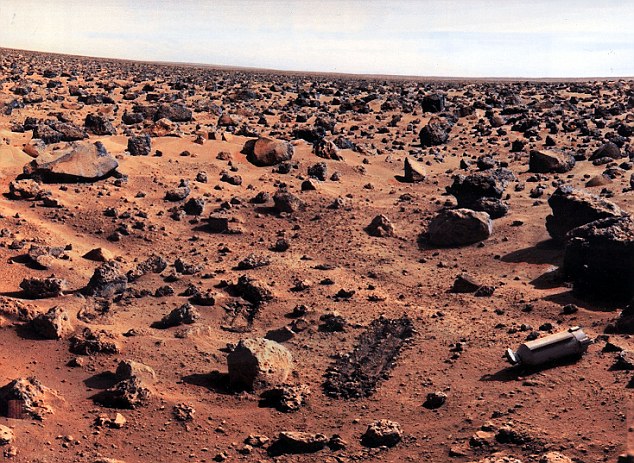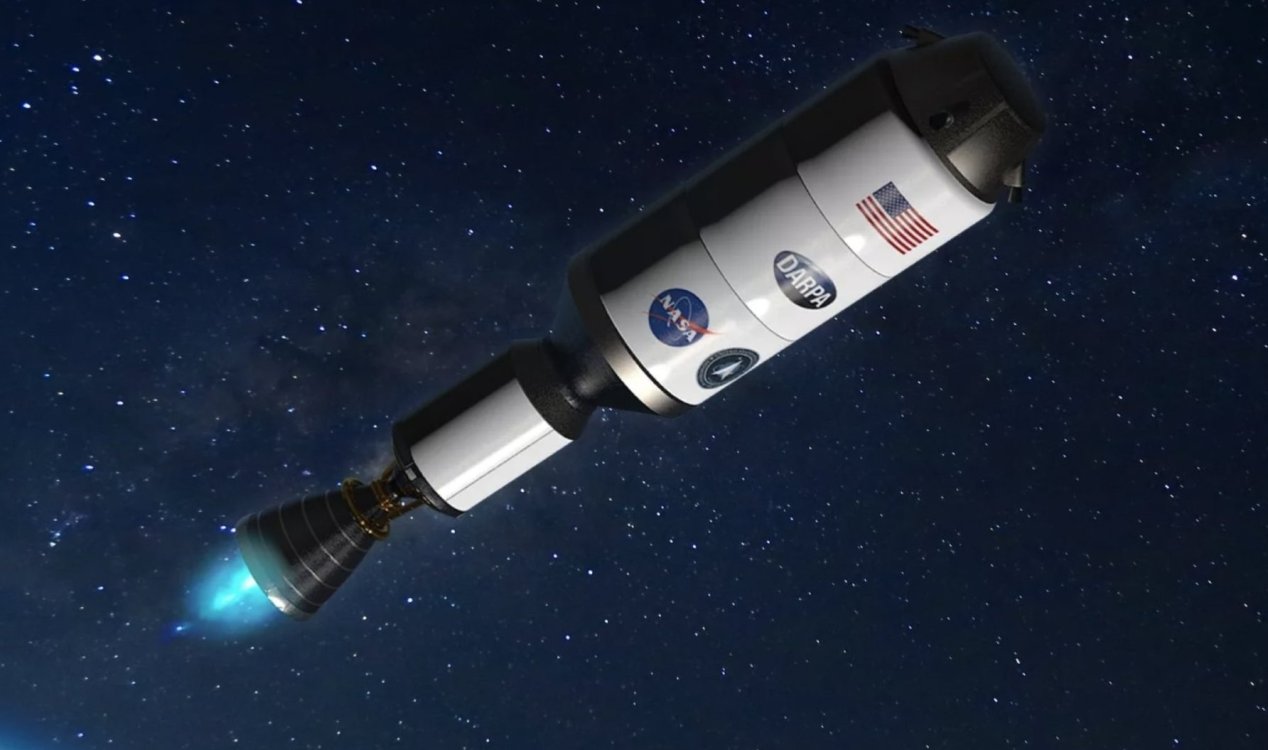Forty years ago in 1976, a Martian experiment which involved two landers touching down on Mars, produced strong evidence that microbial life possibly existed on the red planet.
Both Viking landers, which were separated by approximately 4000 miles, produced similar, repeatable results which researchers analysed and controversially concluded that microbial life had been detected.
Since then though, many have dismissed the findings as non biological, however the soil materials to support the non biological theory have yet to be found.
Now, if you consider the historical data, evidence of water, complex organic molecules and methane detected on Mars, astrobiologists are warning against dismissing the case for biological life on the red planet. Instead, with the evidence considered, they are saying the evidence for life now ‘must be considered’.
In a recent article published in an astrobiology journal, experts from Arizona State University, Tempe, and the National Institutes of Health, Bethesda are arguing that the evidence presented is ‘consistent with a biological explanation’. The researchers analysed the findings from back in 1976, and in turn evaluated the non biological theories.
The samples taken from Mars in 1976 were subjected to nutrient injection, preheating and stored in the dark for a few months. The results showed many similarities and consistencies with terrestrial soil.
‘Each of these characteristics is reminiscent of responses by a compendium of terrestrial microorganism species, including the initial positive responses, the 160C and 50C heat controls, the reabsorption of evolved gas upon second injection of nutrient, and death from isolated long-term storage,’ the authors note.
One of the primary non biological explanations put forward over the years was that the results were caused by a ‘non biological oxidant’. The issue with this however is that to this day, no such oxidant has been identified on the planet.
‘Plans for any Mars sample return mission should also take into account that such a sample may contain viable, even if dormant, alien life,’ the authors write.





